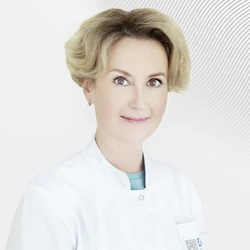Treatment of diabetes mellitus
Personalized therapy of diabetes mellitus
Classification:
History and prevalence of diabetes mellitus
Diagnosis of diabetes
When do I need to consult a diabetologist?
Why is diabetes so dangerous and why is it so feared?
Quality of life
Different types - different approaches to the control and therapy of diabetes.
Personalized therapy of diabetes mellitus
- A separate department of the clinic that integrates all areas of medicine involved in the care of patients with diabetes.
- A full range of medical care: diagnosis, prevention, therapeutic training, treatment of diabetes mellitus (DM) and its complications, both outpatient and in a comfortable hospital.
- All types of surgical treatment for patients with diabetes, as well as postoperative follow-up and rehabilitation.
- Diagnosis and treatment according to modern Western European and American protocols.
- A full range of examinations for the diagnosis of diabetes mellitus and its complications. Professional glucose monitoring using the Guardien Connect system and personal glucose monitoring by Freestyle Libre.
- Setting up pumps, training in pump insulin therapy and further support of patients using the pump.
- Teaching patients at the Diabetes School (face-to-face and online programs).
Diabetology is a branch of endocrinology that studies diabetes mellitus. The main purpose of this direction is to study the causes of the disease, prevention, methods of diagnosis and treatment. Complications of diabetes affect many organs and systems and can irreversibly disrupt their functions.
Diabetes mellitus is a chronic disease in which the level of glucose (sugar) in the blood is elevated due to an insulin deficiency or due to decreased insulin sensitivity.
Classification:
- There are two main types of type 1 and type 2 diabetes.
- Rare types: MODY type diabetes (genetically determined disorders in the mechanisms of blood glucose uptake), diabetes with various endocrinopathies, diabetes due to infections and exposure to chemicals, with various genetic syndromes, damage to the pancreas.
- Gestational diabetes occurs only during pregnancy.
History and prevalence of diabetes mellitus
Diabetes mellitus is a global problem of humanity and the healthcare system. According to WHO, every 11 people in the world have diabetes. In 2019, the International Diabetes Federation (IDF) provided data on the prevalence of diabetes in the world:
- Russia - approx. 8.3 million
- USA - 31 million
- China - 116 million
- India - 77 million
Frequently asked questions
- USA - 31 million
- China - 116 million
- India - 77 million
Diagnosis of diabetes
Blood glucose level is determined either using a standard laboratory test or during a special glucose load test (glucose tolerance test). The criteria for the diagnosis of diabetes depend on which blood glucose level was assessed (capillary or venous), and at what point in time the study was performed relative to food intake.
We do not recommend interpreting the results of laboratory tests yourself. For the diagnosis of diabetes mellitus, glucose meters designed to monitor blood sugar in patients with an already established diagnosis of diabetes should not be used.
When do I need to consult a diabetologist?
If you notice weakness, fatigue, thirst, dry mouth, frequent urination, poor wound healing, weight loss, itchy skin, blurred vision, acetone odor from the body, increased appetite, furunculosis, fungal infections.
Consultation with a diabetologist is also necessary for relatives of people with diabetes to identify risk factors and prevent their development of diabetes. This is especially important in the most common type 2 diabetes.
Why is diabetes so dangerous and why is it so feared?
The main thing that people around you know is that you always need to inject insulin with diabetes. First, prick your fingers to find out the glucose level, and then give an injection many times a day. This greatly reduces the quality of life, besides, from the outside it seems that calculating the required dose of insulin is a separate science.
The second well–known fact is the high risk of complications: loss of vision, the formation of "diabetic foot syndrome" and decreased kidney function.
It turns out that if you do not cope with sugar control at the first stage, then complications are guaranteed. It is this perception that forms the fear of diabetes.
Both of these problems can be solved. The first step is to find your doctor, with whom the patient has established feedback and there are available means of communication. Glucose control can be carried out contactless, and the administration of insulin after passing the Diabetes School will definitely be mastered by anyone who has the desire to get along with it. A big event in the world has been the appearance of insulin pumps, which partially inject insulin into the patient themselves.
Frequently asked questions
Quality of life
Today, patients with diabetes live a full and high-quality life. The life expectancy of a person with compensated diabetes does not differ from the general population. For example, in endocrinology, they give awards to long-lived patients. If the "sweet patient" has lived with diabetes for 50 years, he receives the Joslin Medal. Until recently, 50 years of experience was considered a record. Now this phenomenon is common. And the medal is awarded for 75 and even 80 years of life with diabetes.
Regular medical checkups and monitoring by your doctor are effective ways to minimize the risk of developing diabetes complications. Many complications associated with diabetes can be stopped during development or significantly reduced in severity as a result of early detection. Regularly conduct a health assessment with your doctor.
Everyone is different and gets sick in different ways. Each person's genetic characteristics play an important role in the development and progression of diabetes.
Different types - different approaches to the control and therapy of diabetes.
The possibilities of modern medicine make life with diabetes as easy and simple as possible:
- Extensive possibilities of pharmacotherapy of diabetes mellitus:
* innovative sugar-lowering drugs and their combinations;
* Injectable drugs that can be administered from once a day to once a week, which are prescribed before insulin;
* new insulins that adapt as flexibly as possible to the patient's lifestyle due to differences in duration of action and modified release from the subcutaneous fat depot.
- Individual glucose monitoring without finger punctures Freestyle Libre.
- Guardian Connect.
- Pump-action insulin therapy.
- Personalized Diabetes School
- Support of patients with an insulin pump.
- Individual nutrition programs for diabetes mellitus.
Make an appointment for a consultation and we will contact you for more details
Why the EMC
The first and only clinic in Russia, created in the image of the world's leading clinics
EMC is a multidisciplinary center offering patients a high level of medical services and a personalized approach
600
world-renowned doctors
57
treatment directions
36
years take care of your health
24/7
we work at any convenient time
Worldwide recognition and awards
Our achievements have been confirmed by prestigious international awards
 Learn more
Learn more
Worldwide recognition and awards
We work according to international standards, we have licenses and certificates
 Certificates and licenses
Certificates and licenses
Make an appointment for a consultation
Specify your contacts and we will contact you to clarify the details
Reviews
Anonymous,
City: -
So kind, friendly and reassuring
Dr Urbanova and Dr Sakyaan are so kind, friendly and reassuring. As a person
who has a serious fear of doctors, they make the process much easier.
Clinic:
Internal Medicine Clinic
Doctor:
Urbanova Ksenia
13 September 2025
Anonymous,
City: -
Sir Popov number one
Sir Popov number one, the best doctor me to care, do pay him more money
please
Clinic:
Internal Medicine Clinic
Doctor:
Popov Daniil
12 September 2025
Anonymous,
City: -
The EMC team is great
The front- reception team is very kind, helpful and professional. The doctors
are skillful, friendly and outstanding at their work, Dr. Tabeeva Kamila, Dr. Elizaveta and Dr. Osaki, to mention a few stand out for their patience and detailed discussions. The assistant nurses go out
of their way to make patients comfortable and communicate timely on appointments and test results. One even helped me in calling a taxi. Nurse Senya was excellent in follow-up and updating.
... more
Clinic:
Internal Medicine Clinic
Doctor:
Tabeeva Kamilya

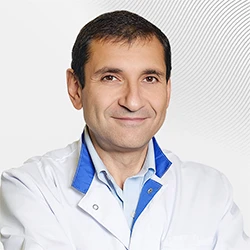

.webp)



.webp)
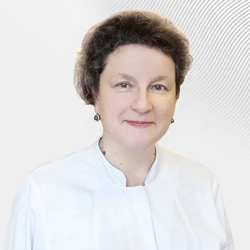
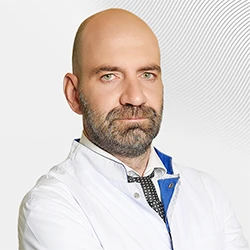
.webp)
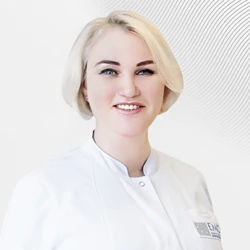
.webp)

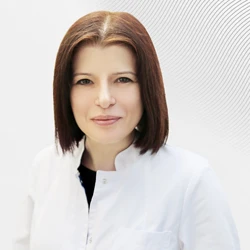
.webp)
.webp)
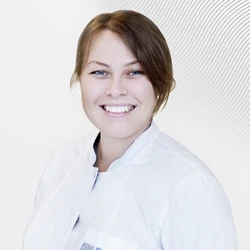
.webp)
